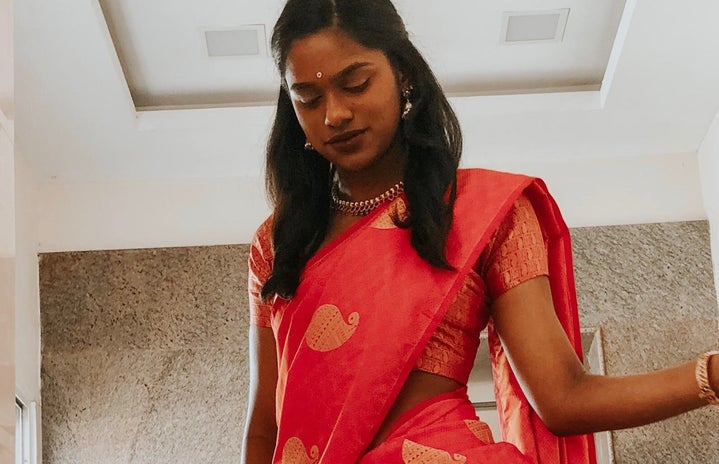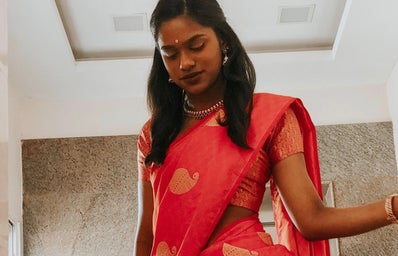The #MyNameIs trend took Twitter by storm after a video of Senator David Perdue mispronouncing Vice Presidential candidate Kamala Harris’ name surfaced on the internet. From the video, it was evident that Perdue was ignorant, rude and simply being a perpetuator of microaggression. It also brought up memories of people making fun of my name, which was something I had repressed deep inside my mind for quite some time now.
Growing up, I loved my name. I was named Krithika, meaning the name of a star in Sanskrit, by my grandmother. Unlike most children growing up, I did not get to visit my grandparents often, as they lived in India. Thus, knowing my grandmother named me is something I’ve always cherished as it made me feel like she played a significant role in my life.
However, once I started school, my love for my name started to dwindle. Like most ethnic students, teachers would mutter my name during attendance, not before the signature long pause followed by an apology for mispronouncing my name. The mispronunciations of my name would cause some of my classmates to giggle and snicker. People at my school would make fun of my name as I walked along the hallways. I was craving to be accepted by people and wanted to feel like I belonged, so I decided to start introducing myself as Krit in a bid to westernize my name.
Don’t get me wrong, I love being called Krit. However, the journey it took for me to shorten my name upsets me at times. I catch myself thinking, “Am I erasing my culture and identity by shortening my name to please a society that is eurocentric and whitewashed?” and “Am I practicing internalized racism and severing ties with my cultural identity due to the shortening of my name?” These questions were valid but certainly hard to navigate even today as an adult who is truly finding out who they are in their 20s.
As of now, I’ve accepted that I like going by Krit whenever I meet someone new. However, I’ve also given myself permission to allow this to change in the future and to start asking people to call me Krithika if I would like them to. My close friends and family members already do call me Krithika, which is definitely a step in the right direction when it comes to acknowledging my identity and culture. I also include my full name when it comes to assignments and email signatures and choose to add “(Krit)” as an alternative name one can choose to address me.
I have noticed that some people still mess up the pronunciation of ‘Krit.’ It really upsets me, especially when it is evident when people do not try to pronounce it right. This dismissiveness is disrespectful, as it is erasing my culture and who I am. When this happens, I usually follow up with the correct pronunciation followed by me spelling it out. I definitely encourage everyone not to be afraid to ask a person to repeat the pronunciation or hear a reminder of their name as these actions are much more respectful than ignorantly butchering ethnic names.
Regardless of how I introduce myself, I emphasize the importance of pronouncing my name right because it is a significant part of my identity. With about half of the world’s spoken languages projected to disappear by the end of this century, it is important for us to do our best to ensure different cultures are not only just preserved, but respected as well. People’s names encompass various cultures and background stories (personal or historical) and it is important to acknowledge that by respectfully addressing one by their name.


